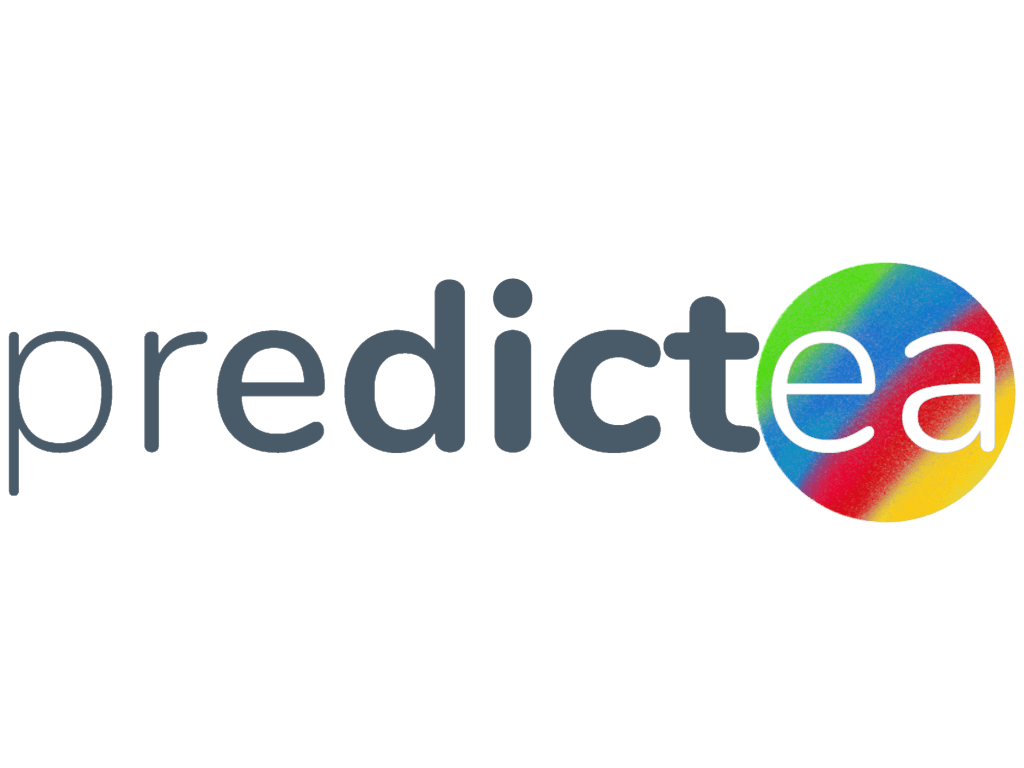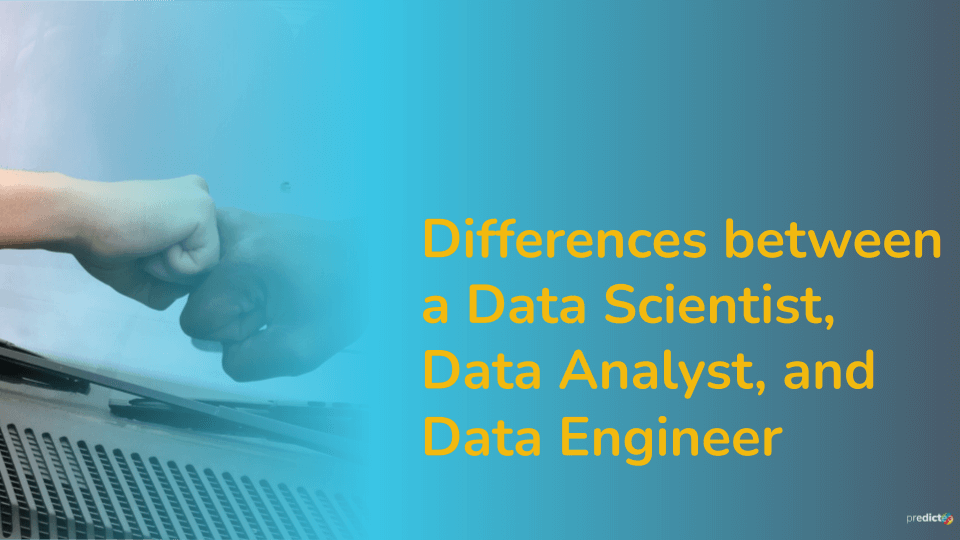Introduction
Data science is not a standalone field. It consists of mathematics, statistics, computer programming, and assists industries to make decisions insightfully. This is a field with a high learning curve, which means there are fewer people still dealing with this field. However, according to the tasks they perform, specialized knowledge, tools that are used, there are different types of professions that emerged in this field.
We will discuss the differences between a data scientist, data analyst, and data engineer based on different aspects. For your convenience, I will put each aspect in a chart so that it is easy for you to see how it differs from profession to profession.
Let’s take a look at the tasks that each professional has to perform, explained as simply as possible.
| Data Scientist | Data Engineer | Data Analyst |
| To reveal insights from raw data Uses machine learning techniques to make predictions about future events | Develops and maintains data pipelines. Specializes in preparing data for analysis. Create the infrastructure for various data operations where data scientists and analysts work on. | Help the management of a company to take actions according to the statistical results. Extracts information from a given data set, a database, or a data pool. |
Responsibilities of each professional that has to be paid attention to.
| Data Scientist | Data Engineer | Data Analyst |
| Perform data transformation and data cleaning process. Use machine learning techniques to find patterns in the data and forecast events. Fine-tuning of the machine learning algorithms and optimizing performance. Understanding the requirements of the client and formulating questions that need to be answered. Use the best suitable storytelling tools to convey the results within the team. | Develop and construct the data architectures and maintain them. Conduct tests on large-scale data platforms. Give attention to the errors and build robust data pipelines. Handle raw and Unstructured data. Recommend improvements for data quality, and efficiency. Support the data architecture implemented by data scientists and analysts. Data modeling, data mining, and data production | Analyze the data using descriptive statistics. Use database query languages to retrieve and edit information. Data filtering, Cleaning, and basic transformation. Use data visualization tools to convey the results. Understands the requirements of the Clients. |
Skills and knowledge about different tools are generally expected from each of the professionals in the industry.
| Data Scientist | Data Engineer | Data Analyst |
| Be proficient with Mathematics and Statistics. Able to handle both structured & unstructured information.Deep knowledge of relevant libraries in R, Python. And understand SAS. Understand different machine learning algorithms and their usage of each of them. Knowledge of SQL and NoSQL.Understand Big Data tools | Python and Java programming. Understand Operating Systems work. To develop scalable ETL(extract, transform, and load) packages. Deep knowledge in SQL as well as NoSQL technologies like Cassandra and MongoDB.Knowledge of data warehouse and big data technologies such as Hadoop, Hive, Pig, and Spark. | Strong mathematical knowledge, including statistics. Well experienced in Excel, Oracle, and SQL. Problem–solving attitude.Very good communication and presentation skills. Analytical skills data visualization skills |
Most important for any single of these roles is motivation, curiosity critical thinking.
Useful links
- Read the following brief descriptions about the tools that you will need as a Data Scientist.
- If you want to become a data engineer, use the following link to read about the tools that you will need to work with.
- To work as a data analyst, you will need to have experience with some of the following tools and technologies.
Conclusion
Data science is a vast field and so many opportunities are available for you to work here. Also, it is important to know that it is still growing and new knowledge and technologies are emerging daily in the field of data science. So that there is a great chance for you to grow in the field of Data Science in the time to come.


